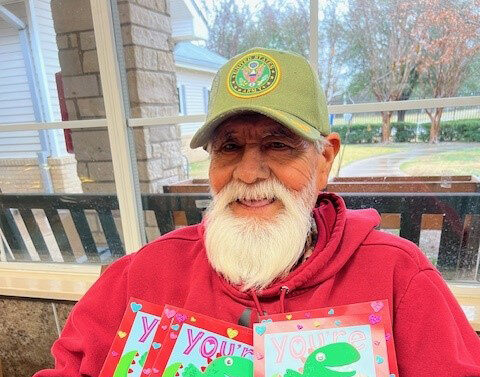Indiana Mom Becomes Education Advocate, Champions Effort to Remove Non-Age-Appropriate Books from School Libraries

The debate over parental rights in education continues to intensify nationwide. Parents are increasingly advocating for greater control over what their children are taught and exposed to in schools, pushing for measures like voucher programs, charter schools, and more direct parental involvement in curriculum decisions.
During the 2021 Virginia Gubernatorial debate, then-candidate and former Governor Terry McAuliffe made a controversial statement: “I don’t think parents should be telling schools what they should teach.” This misstep likely played a significant role in his defeat, as Glenn Youngkin’s victory was fueled, in part, by parental concerns about their influence in education.
In Indiana, the issue of parental rights and control over educational content has also taken center stage. Christine Gilsinger, a former teacher’s aide and mother of two boys, now aged 18 and 15, became deeply concerned when her sons brought home books from school that she found troubling.
But this issue is not new—local school officials across the country have been grappling with book challenges for years.
Gilsinger, who at the time served as an aide in the special needs classroom at her local high school, working with severely disabled students, began to notice the questionable quality of some books available to students. “My own 15-year-old son came home later that year with a book he’d been assigned to read—asking me to read it,” she recalled. “I was appalled by what the storyline was in the book.”
Determined to take action, Gilsinger brought the issue to the school board, reading passages from the book aloud at a board meeting. Her advocacy caught the attention of Indiana Representative Martin Carbaugh, who reached out to discuss her concerns. “These issues are important to all of us,” Carbaugh stated, acknowledging the shared concern over educational content.
Though Carbaugh did not file the bill himself, as colleagues were already working on similar legislation, he played a significant role in shaping the outcome. The bill, ultimately filed by a freshman legislator, passed the House, and Carbaugh chaired the conference committee responsible for finding a reasonable and balanced solution.
Indiana’s House Enrolled Act (HEA) 1447, which went into effect this past January, requires school districts to establish procedures for responding to complaints about library material alleged to be “obscene” or “harmful to minors.” The law mandates that districts review requests at public meetings and hear appeals if necessary. Schools are also required to maintain public catalogs of library materials.
“The whole premise was to require schools to develop a system in which members of the community that had concerns about books their kids were reading could challenge the school and say, ‘Hey, you need to take a look at this and consider removing it or moving it to a more appropriate section, or whatever the case may be,'” Carbaugh explained.
Christine Gilsinger’s passion for protecting students from inappropriate content has made her an instrumental figure in the fight to ensure that educational materials in Indiana are age-appropriate, highlighting the crucial role parents play in shaping their children’s education.
We reached out to the American Library Association which was unavailable for comment.
RECENT










BE THE FIRST TO KNOW
More Content By
Think American News Staff











